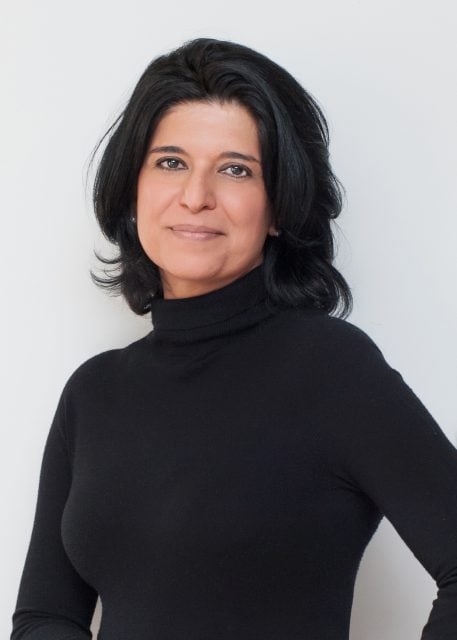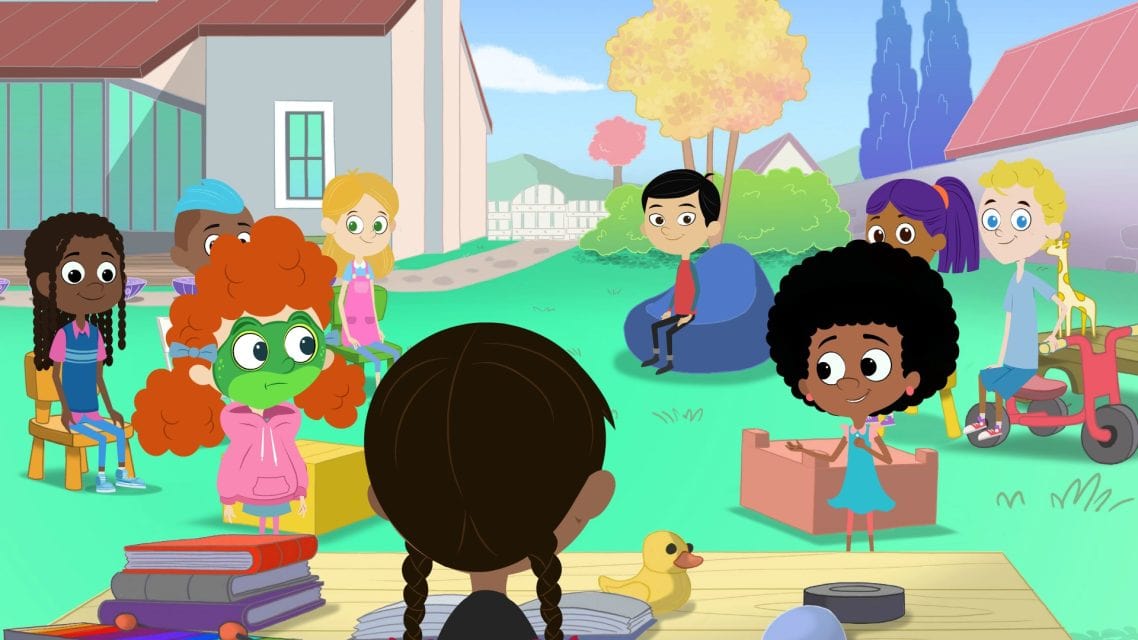In 2001, Iranian-born Shabnam Rezaei lived across the street from the World Trade Center. After having lived through the September 11 attack, she witnessed its aftermath: hatred towards Middle Easterners, including Iranians.

“It didn’t sit well with me having my culture and my home dragged through the mud,” remembers Rezaei. Feeling the need to change the narrative and present a positive representation of Iranian and other cultures, Rezaei quit her job on Wall Street.
The journey led Rezaei and husband Aly Jetha to founding acclaimed Big Bad Boo Studios, a world-renowned, award-winning animation studio in Vancouver, in 2010.
“I realized my work would be a lot more influential if I could do it for kids,” she explains over Zoom from Vienna, where she now lives with her family and oversees the company’s Austrian office.
Big Bad Boo Studios’ mission is to “help raise globally minded children”, and it does so through a wide slate of shows, including 16 Hudson, which follows kids and families from various cultures who all live in a big-city apartment building, The Bravest Knight, about a knight and prince raising their adopted daughter, and the upcoming Judge Jodhi, in which a child judge explains legal concepts.

Big Bad Boo’s shows air in more than 120 countries and in 15 languages.
“As a Canadian studio, we try to be bold and lead the way in creating new characters and storylines that haven’t been done before, giving a voice to those marginalized,” Rezaei says. “Luckily, we have champions in our broadcasters who let us do this type of content. In many parts of the world, the vocabulary doesn’t even exist for much of what we do.”
Rezaei credits the studio’s success to its band of animators, writers, and resolute staff, but points out it is the ongoing CMF support that helps many of their projects flourish. “I would not be here without the CMF,” she says.
Rezaei remembers what it was like when she first went looking for broadcast partners and was turned down because her diverse characters and stories were “too niche”.
“Fast-forward to today: I was at MIPCOM moderating a panel with a Disney executive and I’ll never forget this sentence. He said, ‘Niche is universal.’ What we were pitching many years ago is now what is wanted and needed. The authenticity, the inclusion. We have these buzzwords for it now, but we were just telling our stories, and we wanted other stories to be told as well.”
By Ingrid Randoja. This story was initially published in the Canada Media Fund’s 2022-2023 Annual Report.


